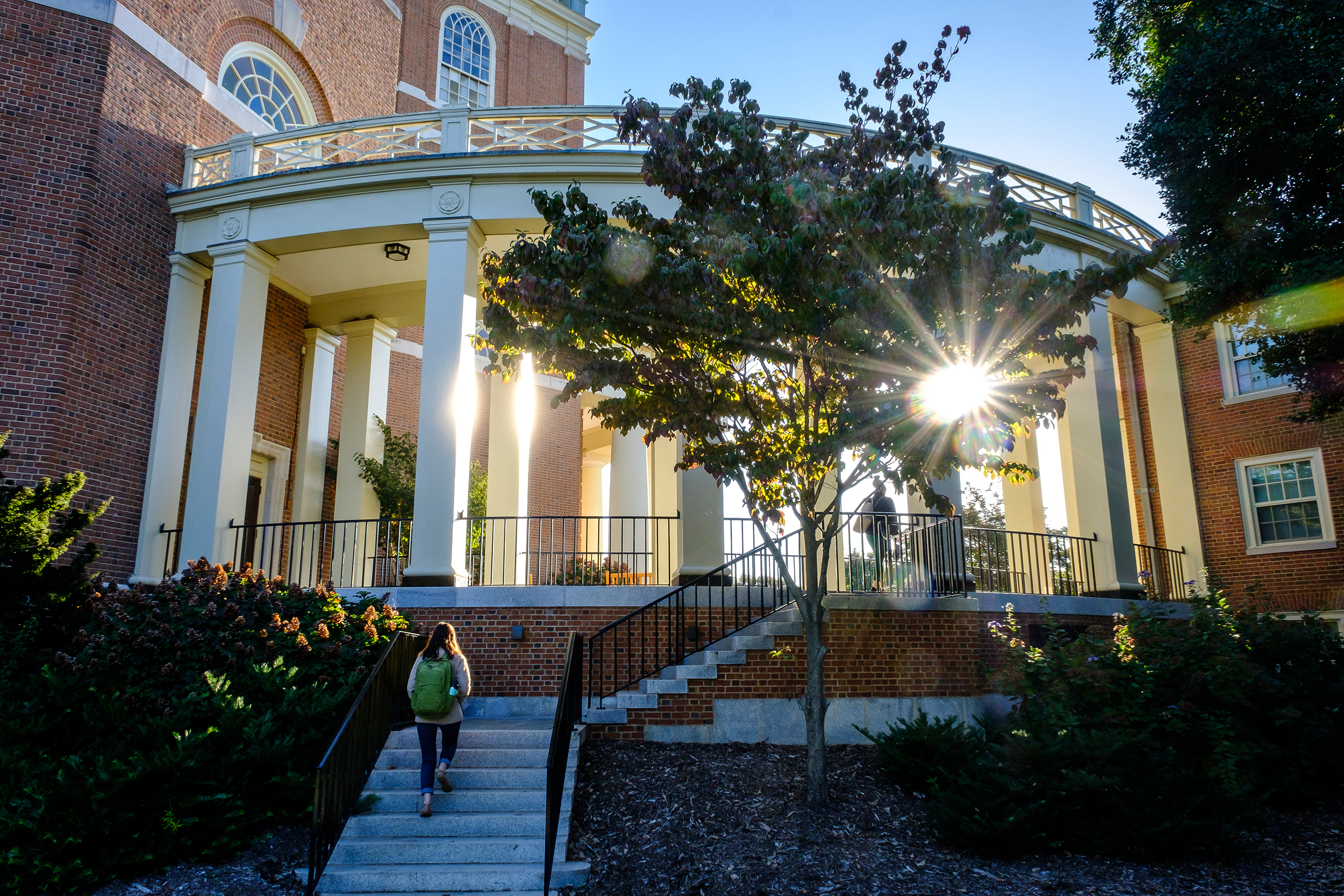WFU study finds preference for overconfident financial advisors
People prefer overconfident financial advisors, according to a new Wake Forest University study.
“People judge a more confident advisor to have made more correct judgments and to be more knowledgeable,” said Eric Stone, co-author of the study and associate professor of psychology at Wake Forest, “even when that is not the case.”
Paul Price, associate professor of psychology at the University of California at Fresno, co-authored the study.
“Making extreme likelihood judgments is impressive to others and can influence others’ perception of how often one is correct and therefore how knowledgeable and competent one is,” Stone said.
Using computer software, the psychologists conducted a series of experiments involving fictional financial advisors who evaluated the chances that 24 fictional stocks would increase in value. The study participants, all college students, preferred advisors who were more confident about whether a stock would go up. They were less likely to select the financial advisors who were more cautious.
When asked which financial advisor they would rather hire, two thirds of the study participants preferred the overconfident advisor.
“The fact that two thirds of our participants preferred an overconfident advisor suggests that many consider extreme confidence to indicate competence, knowledge or correctness,” Stone said. “Two people with equal knowledge will be judged differently based on the confidence they exhibit.” The study suggests people use confidence as an indication of accuracy, said Stone.
In the experiments, one advisor expressed greater confidence that a given stock would go up, while the other was more conservative in estimating the probability that the same stock would increase. Although both advisors correctly predicted the outcome of the same number of stocks, the majority of study participants indicated the overconfident advisor was more knowledgeable.
“This study may help explain why people typically express extreme confidence in their own judgment,” said Stone, associate professor of psychology at Wake Forest.
The study was originally presented last fall at the annual Judgment and Decision-Making Conference.



